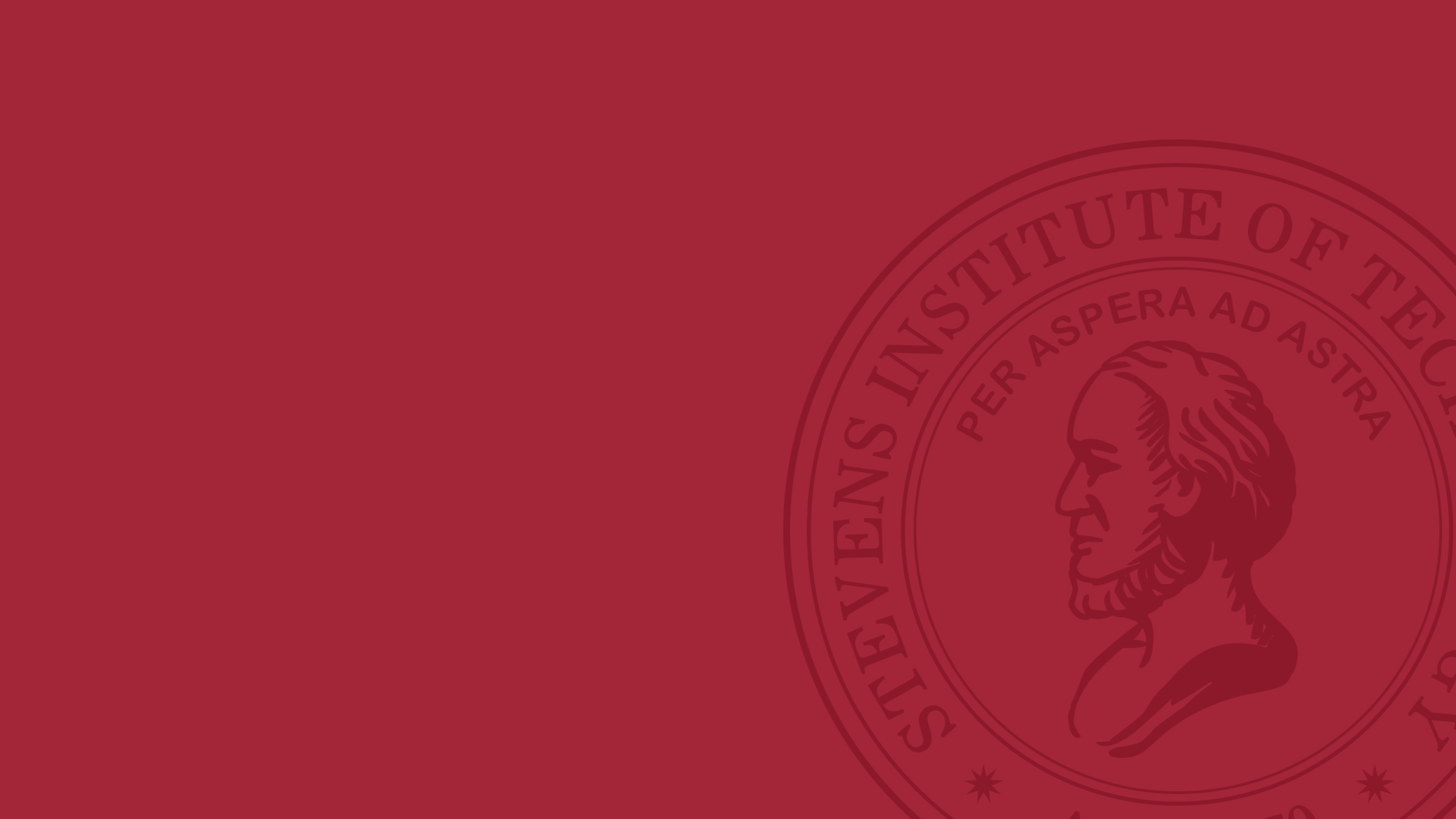The Department of Mathematical Sciences is a leader in the field of algebraic cryptography and is home to the internationally recognized Algebra and Cryptology Center (ACC).
The Department has research strengths in the areas of group theory, stochastic modeling, mathematical models of risk, optimization and control under uncertainty and risk, statistical learning, numerical analysis, partial differential equations (PDEs) and reliability theory.
Recent research themes include risk-averse learning and control for distributed dynamical systems, theory of interpretations and applications to algebra, algebraic geometry in nilpotent groups, new types of computational complexity, quadratic equations in groups, inverse problems in electrohydrodynamics (EHD), randomized local model reduction, random packing models, dense weighted networks, Bayesian models for high-dimensional time series, reliability of complex engineering systems, and uncertainty quantification of combustion processes, to name just a few. Faculty members are supported by major government funding agencies and collaborate with Stevens Institute for Artificial Intelligence (SIAI), the Center for Research toward Advancing Financial Technologies (CRAFT) and the Center for Quantum Science and Engineering.
The Department hosts weekly seminars on mathematical cryptology, has co-organized a series of workshops on optimization of stochastic systems, and encourages research and research-related activities by faculty and students at all levels. The Stevens Math Club welcomes undergraduates of all majors and serves as a platform for discussing and solving challenging mathematical problems. It also prepares Stevens undergraduates for the annual Putnam Mathematical Competition organized and supported by the Mathematical Association of America (MAA). Master’s students are encouraged to elect a thesis in mathematics and pursue further studies in our mathematics doctoral program, which focuses on research with the main aim of producing significant mathematical results.
“It is important to engage students in substantive research. They are interested in what they can do with their studies after they graduate and seeing the implementation of theoretical research is very appealing.” - Dr. Darinka Dentcheva
“Everything in the field of cryptographic mathematics is wide open, presenting challenging and exciting opportunities for researchers such as myself and offering an exceptional chance for students to participate in this groundbreaking field.” - Dr. Alexei Miasnikov







